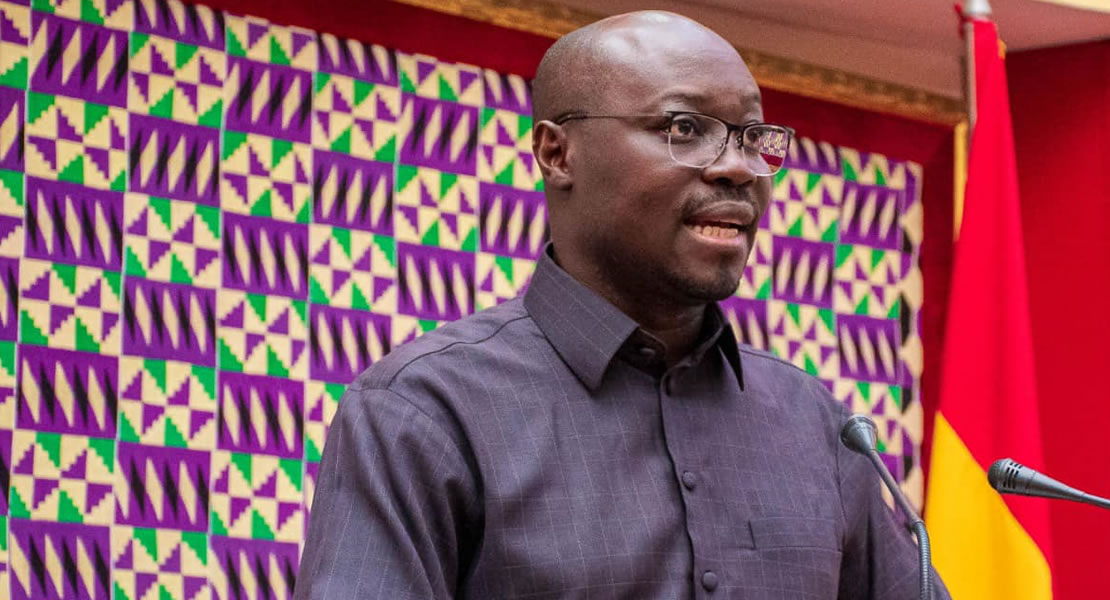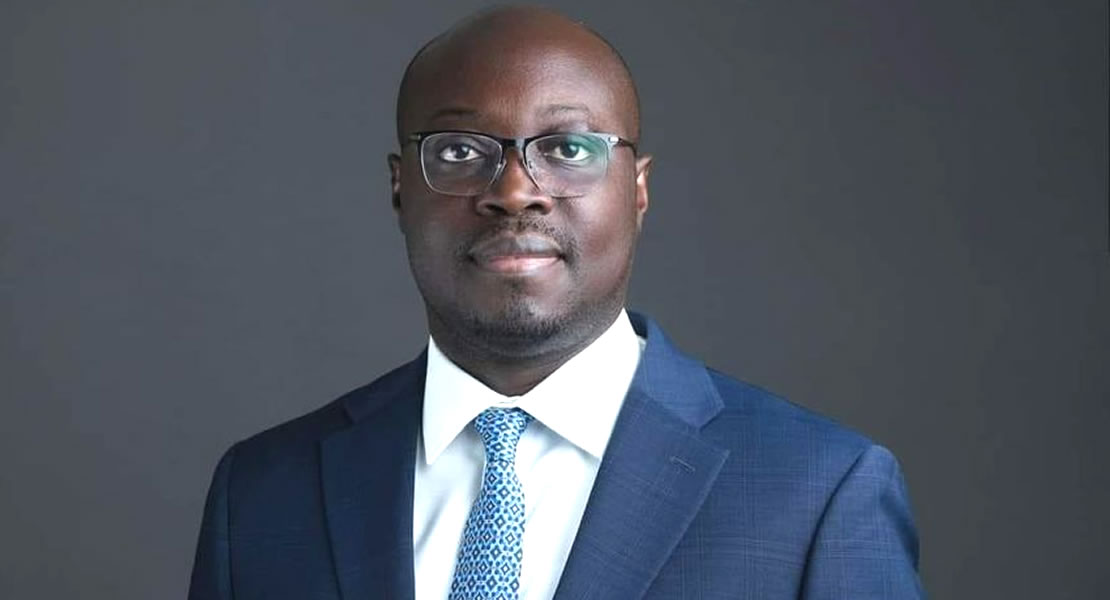
Minority Leader Dr. Cassiel Ato Forson mince no words in stating that his side (the National Democratic Congress) has proven to Ghanaians they are the trusted alternative to government of the day led by President Nana Akufo-Addo.
According to him Parliament as an institution performs its legislative, financial, deliberative, representational and oversight roles, but much is expected from the Minority group in Parliament.
The oversight role of Parliament is reserved for the Minority as members on his side are required to question the acts and omissions of the Executive, raise critical issues, demand answers and hold government accountable.
He made this remarks at the launch of the 30th anniversary of Parliamentary democracy under the fourth Republic and emphasised that the Minority, is the obvious side that perform the onerous task of putting government in check.
The Minority will, therefore, require the assistance and cooperation of civil society organisations, the academia, professional bodies, trade unions, students, and indeed, each and every Ghanaian to enable it hold the Government accountable. It is through this that we can all enjoy the fruits of our parliamentary democratic dispensation, he stated.
“Mr. Speaker, as we celebrate 30 years of stable parliamentary democracy, it is important to reflect on some of the issues that resulted in the death of the first three Republics. It has been suggested by the people behind the 1966 overthrow of the Nkrumah Government that he was abusive and corrupt and that he failed to adhere to democratic principles.
 I do not intend to refute or assert these allegations, I only seek to remind myself and other politicians that any party in power, should endeavour not to engage in any act that will suggest to our people that we are abusive, corrupt and undemocratic”, he said.
I do not intend to refute or assert these allegations, I only seek to remind myself and other politicians that any party in power, should endeavour not to engage in any act that will suggest to our people that we are abusive, corrupt and undemocratic”, he said.
Mr Speaker, permit me to briefly comment on the issues that were suggested to have provoked the overthrow of the Prime Minister Busia’s Progress Party (PP) government 1972.
Busia’s government is said to have inherited US$580 million in debts. This amount was about 25 per cent of the gross domestic product (GDP) of 1969. By 1971 the US$580 million was increased by US$72 million in accrued interest payments and US$296 million in short-term commercial credits.
And led to economic difficulties which compelled Prime Minister Busia to, on the recommendations of International Monetary Fund (IMF) introduce austerity measures. This led to freezes in wages, tax increases, currency devaluations, and rising import prices. This led to protests particularly by the Trades Union Congress (TUC). The Army moved in to occupy the TUC headquarters and to block strike actions. The rest of the story is history.
Also, he asked Ghanaians to reflect on the allegations of the masterminds of the coups that saw the overthrow of the Nkrumah’s Government in 1966 and that of Busia in 1972. In our reflection, let us be mindful of our current economic challenges and work together as a common people to address them. Nobody can benefit when the economy collapses. We cannot also underestimate the reaction of our people. If we failed to act, I am afraid, we would have let down the very people we represent. That is why I endorse the call of Mr. Speaker that:
“The electorates are looking up to us to help find solutions to these existential issues. If there is a time that we as Members of Parliament ought to set aside our partisan cloaks and think Ghana, it is now”.
Kwaku Sakyi-Danso/Ghanamps.com